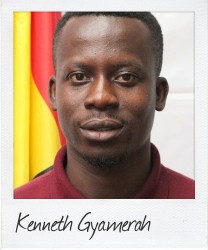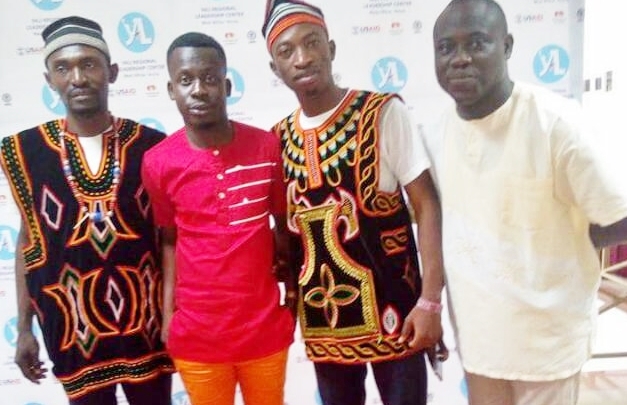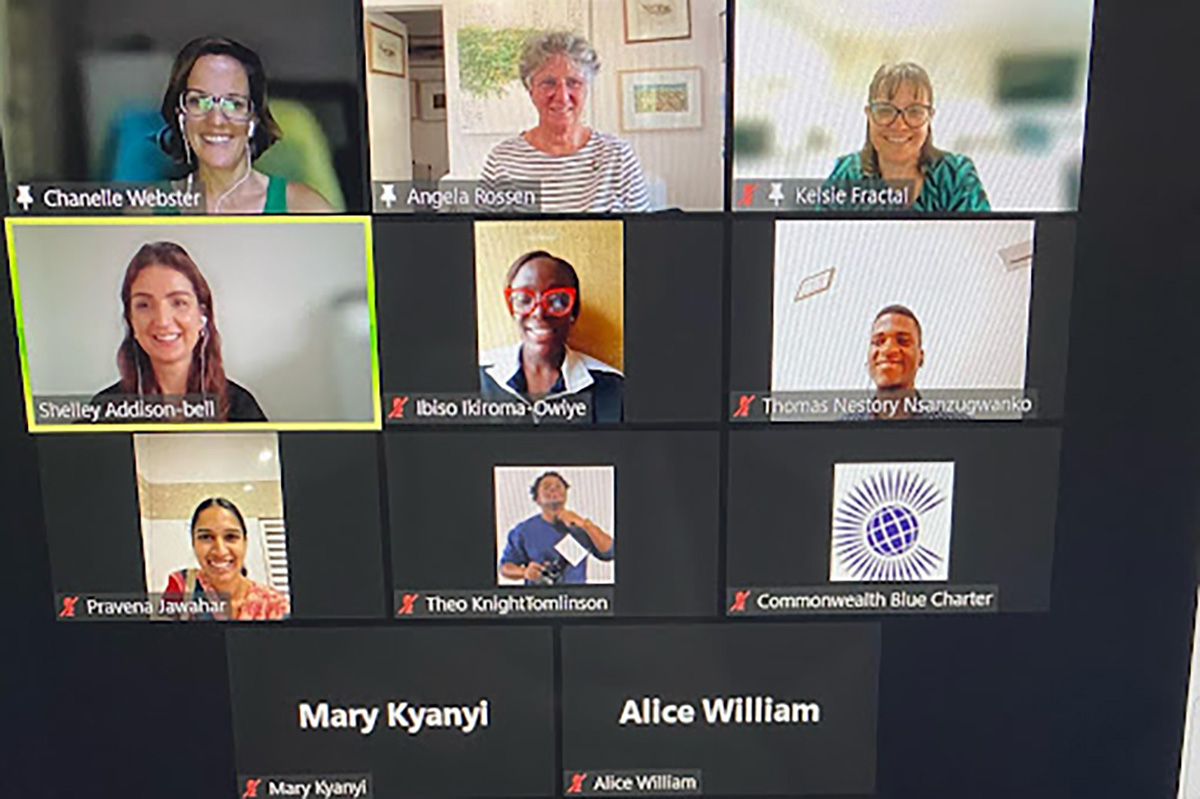“Entrepreneurs have become digital refugees”
April 24th, 2017 Demonstrations in Cameroon over language tensions are getting little international attention, writes Kenneth Gyamerah, 26, a Correspondent from Kumasi in Ghana, who describes how the political situation has created hardship for students and young professionals.
Demonstrations in Cameroon over language tensions are getting little international attention, writes Kenneth Gyamerah, 26, a Correspondent from Kumasi in Ghana, who describes how the political situation has created hardship for students and young professionals.
Cameroon is a country in West Africa with more than 240 ethnic groups. This makes the country very strong and rich in culture and diversity. The two major official languages are French and English, with the Anglophone part of the country making up two out of the ten regions.
The President, the speaker of the Senate and the Speaker of the National Assembly, who have the ultimate power in government, are from the Francophone regions in the country. Some years ago, the English-speaking Cameroonians through a referendum decided to stay with those from the French regions. They had a motive to operate the same way Canada does with its Quebec region, in other words with a bi-cultural, bi-jural, bilingual and bi-educational system in the English regions of the North West and South.
However, tensions over use of French-speaking magistrates and the resulting need for English-speaking lawyers to make their cases in French rather than English resulted in the decision of lawyers in the English-speaking regions to start a peaceful strike. This was later followed by the teachers who believe that the English system of education is being wiped out as the government sends French-speaking teachers to teach Anglophone students, making it difficult for students to learn appropriately.
These strikes escalated in December with the killing of at least four young people and arrest of over 100 young people after a young man called Mancho Bibixy in Bamenda started the “Coffin Revolution”, marching the streets of Bamenda and calling on change. This saw massive support by all the young people in the Northwest and Southwest Regions.
The people living in the English regions said they are willing to have these sit-in strikes for as long as they can because according to them, they believe the people of Ghana in the early 1980s suspended education for two years before attaining the level of democracy and development they are currently enjoying.
Because of the strikes, major cities of the North West and South West regions of Cameroon have witnessed the Ghost Town effect. Students, taxi drivers, Okada drivers, lawyers, teachers and business operators do not go to work whenever there is a sit-in strike in the major English-speaking cities.
This results in the shutting down of internet in the English-speaking communities in the country. For over two months now, many young Cameroon entrepreneurs, students and start-ups have become “internet refugees” in their own country. Before they can access internet, the have to travel to the French regions and leave the comfort of their families in order to interact with their clients. Many start-ups are collapsing in the country because they are unable to reach out to their clients and partners.
Javnyuy Joybert is a YALI West Africa fellow who runs a start up called CELBMD-Africa, a professional executive development organization which currently runs in 19 African countries. Speaking with Joybert, he reported that he has become a “digital refugee” in his own country because every day he has to travel for six hours to Yaoundé, a French-speaking city, just to have access to internet, check his emails and do his work.
Like him, many rising entrepreneurs and young startups, especially tech startups, are at a standstill. The young entrepreneurs who can afford to travel to French-speaking cities like Douala, Yaoundé, Bafousam, and Ebolowa are doing so at the expense of their struggling startups and leaving their families.
Joybert revealed that he lost $600 dollars within the first two weeks of February 2017.
Cameroon has very bright young entrepreneurs and change-makers whose work depends solely on the internet. Most of the young techies are located in Buea, a city which has been compared to the Silicon Valley in the United States.
In February 2017, Collins Nji Bah, a teenager from northwestern Cameroon, was named the first African to win Google’s global youth coding challenge, despite an ongoing internet blackout in his hometown of Bamenda.
Collins was recently named one of 34 grand-prize winners in this year’s google Code-In, a global challenge for young programmers, and won a trip to Google headquarters in California this June with the other top finishers. Many teenagers like Collins and other young entrepreneurs in Cameroon need the internet back to continue with their work.
It is very unfair to live in your own country, but to have to travel to other regions just to have access to the internet.
We are in the digital age and it is time for African leaders to embrace this change to put their countries forward. The international bodies should come to the aid of young Cameroonians living in the North Western and South Western regions.
Reach me on Twitter:@kennethgyamera
Photo: courtesy of Kenneth Gyamerah
…………………………………………………………………………………………………………………
About me: I am a youth activist, writer and a professional teacher.
I am an enthusiast on all issues concerning youth, and feel fulfilled through engaging in policy related discussions and deliberations on youth empowerment and development. I am passionate about organising for a global youth agenda, and want to be the voice for the less privileged in Ghana.
My interests lie in advocacy, writing and teaching, which has led to involvement with a number of global youth-related organizations.
…………………………………………………………………………………………………………………
Opinions expressed in this article are those of the author and do not necessarily represent the views of the Commonwealth Youth Programme. Articles are published in a spirit of dialogue, respect and understanding. If you disagree, why not submit a response?
To learn more about becoming a Commonwealth Correspondent please visit: http://www.yourcommonwealth.org/submit-articles/
…………………………………………………………………………………………………………………




